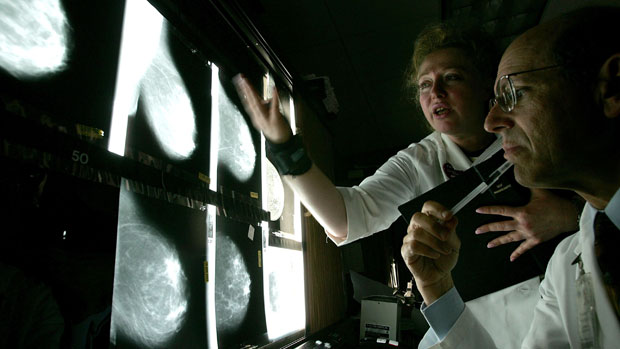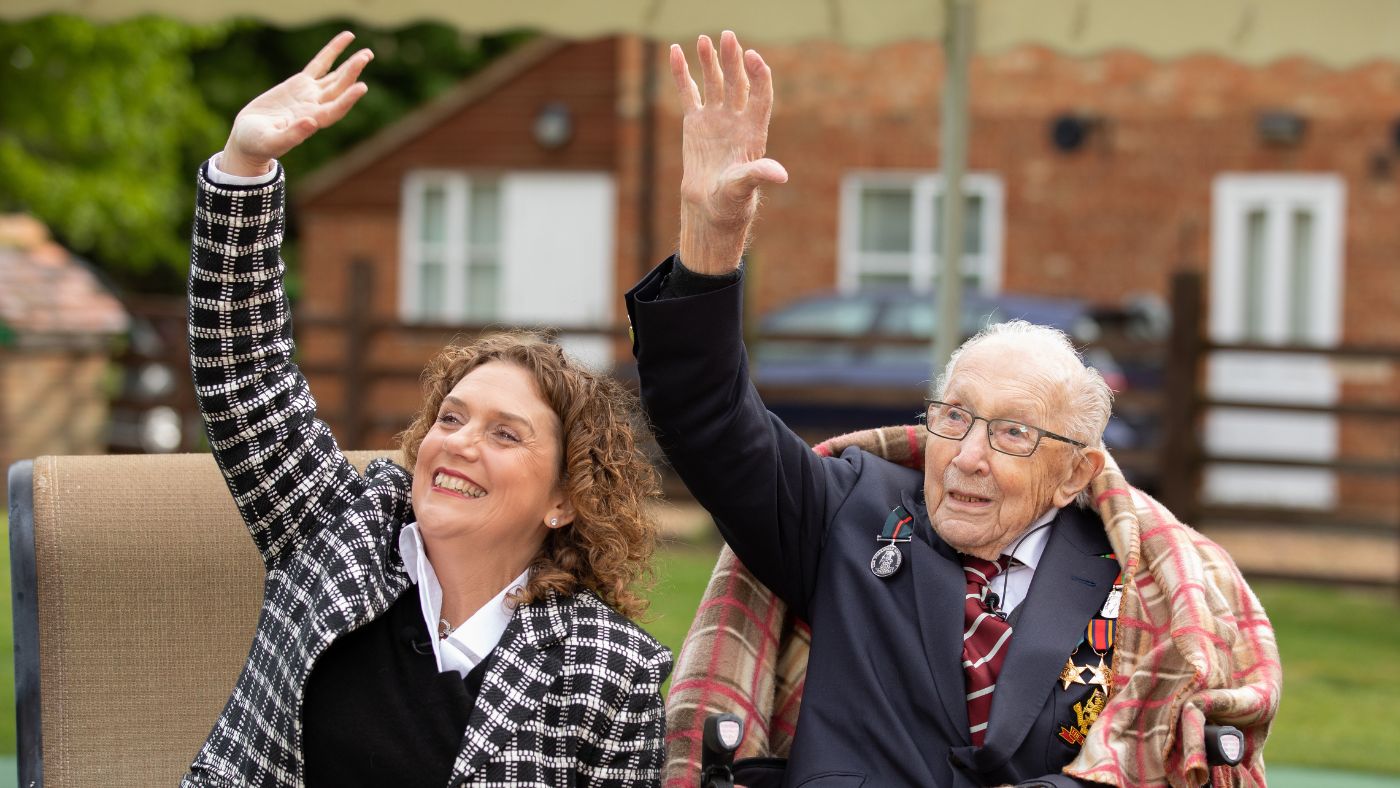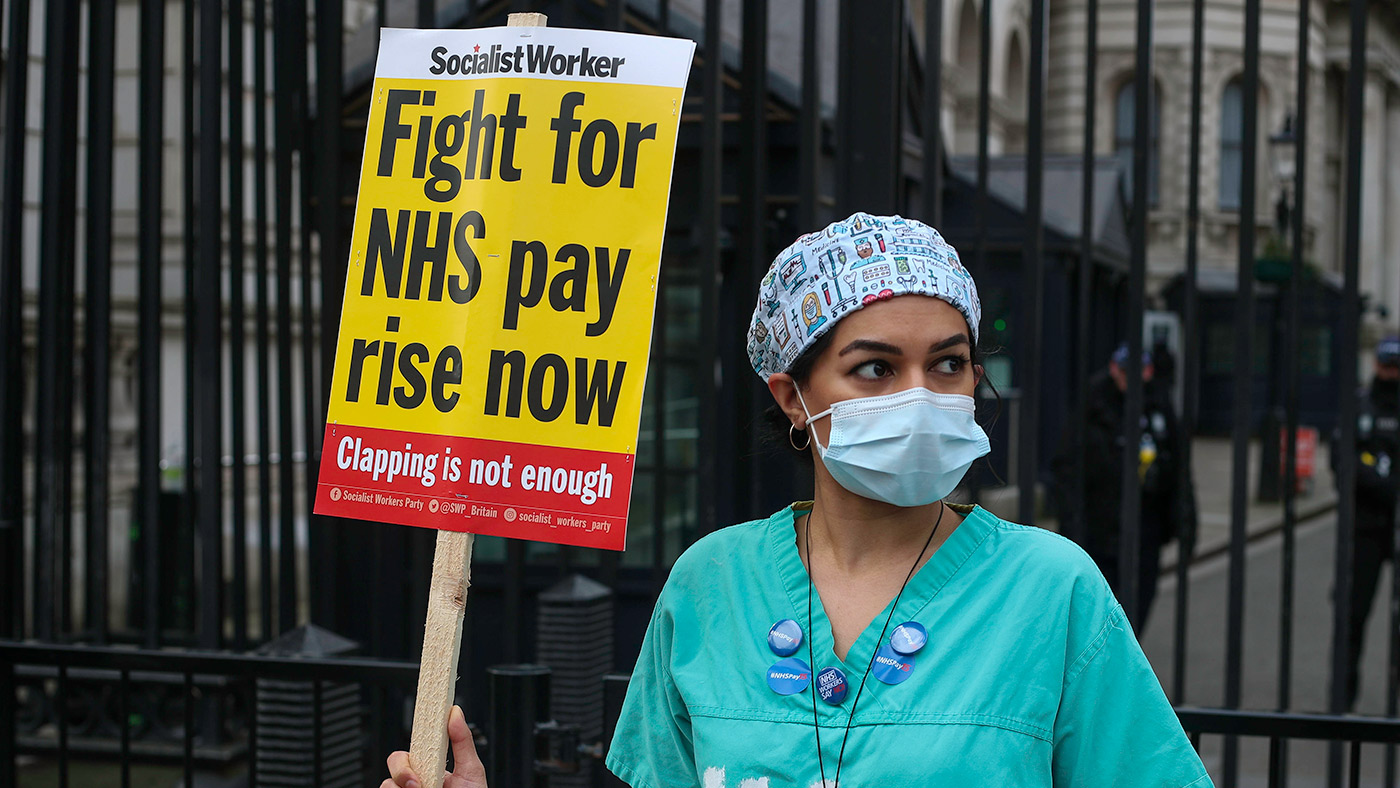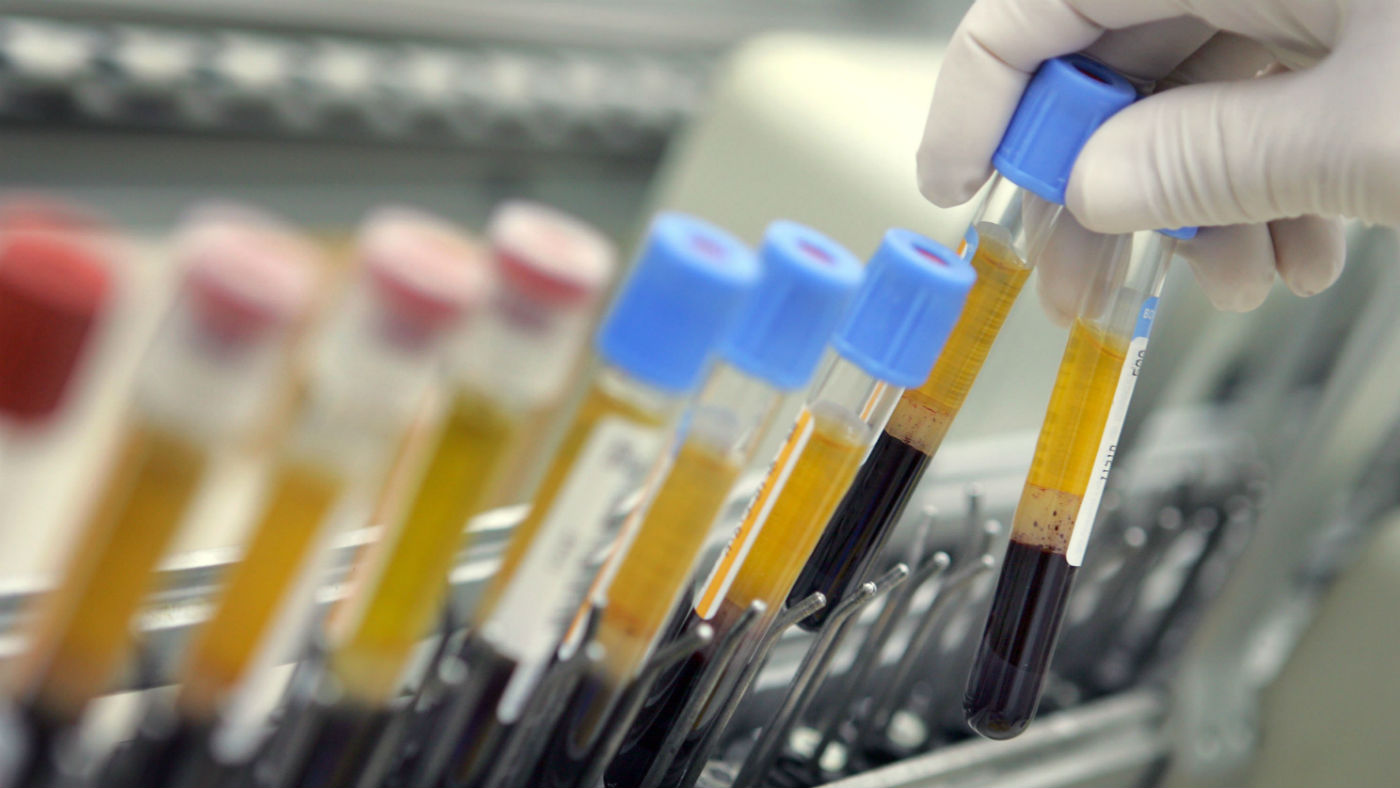Kadcyla: why breast cancer drug won't be on the NHS
Another 'huge blow' to cancer patients, as campaigners call on drug companies to bring down costs

A free daily email with the biggest news stories of the day – and the best features from TheWeek.com
You are now subscribed
Your newsletter sign-up was successful
A "revolutionary" new breast cancer treatment will not be available on the NHS due to its high cost, the government's drug regulator has announced.
The National Institute for Health and Care Excellence (Nice) said it could not recommend Kadcyla, one of the most expensive cancer drugs sold in England, to the NHS because it was not cost effective.
Currently only available through the Cancer Drug Fund, which helps fund expensive treatments for a small number of patients, campaigners have been pushing for the life-extending drug to become available on the NHS, so that up to 1,500 extra people could benefit from it.
The Week
Escape your echo chamber. Get the facts behind the news, plus analysis from multiple perspectives.

Sign up for The Week's Free Newsletters
From our morning news briefing to a weekly Good News Newsletter, get the best of The Week delivered directly to your inbox.
From our morning news briefing to a weekly Good News Newsletter, get the best of The Week delivered directly to your inbox.
What is Kadcyla?
It is a targeted antibody therapy which aggressively attacks cancer cells while preventing healthy tissue from being damaged. It is administered intravenously to breast cancer patients with an inoperable cancer that has spread from the breast and is no longer responding to other treatment.
What are its benefits?
The drug has been proven to extend life by an average of six-months, with some patients living far longer. Unlike other cancer treatments, Kadcyla has few side-effects. Researchers say it will allow patients to live longer with a better quality of life.
A free daily email with the biggest news stories of the day – and the best features from TheWeek.com
Kimberley Mawby, who was part of a clinical trial of the drug, called it "amazing". She told the BBC: "I don't feel ill, the side-effects are so minimal [and] I lead a really normal life.
How much does it cost?
The drug costs roughly £90,000 per patient based on 14 month course of treatment. Nice cannot recommend drugs that cost more than £30,000 per patient, The Guardian reports.
Lengthy negotiations were carried out between the drug company Roche and the regulator over the price of Kadcyla. Roche said it had offered to "substantially" lower the price, but Nice insisted that the undisclosed offer was still too high to accept.
What has the response been?
Both sides have expressed disappointment at the result. Nice accused the drug firm of being "inflexible", while Roche called the decision to deny patients access to the drug "an incredible injustice". The pharmaceutical company has said it intends to appeal the decision.
Breast cancer charities have described the news as a "huge blow", targeting most of their criticism towards Roche and other pharmaceutical companies. They argue that prices for life-saving drugs need to come down urgently so that all cancer patients are able to receive the best possible treatment.
"It's impossible to put a price on life's precious moments", said Sally Greenbrook from Breakthrough Breast Cancer. "But it's not impossible to put a fair price on drugs.”
-
 The environmental cost of GLP-1s
The environmental cost of GLP-1sThe explainer Producing the drugs is a dirty process
-
 Nuuk becomes ground zero for Greenland’s diplomatic straits
Nuuk becomes ground zero for Greenland’s diplomatic straitsIN THE SPOTLIGHT A flurry of new consular activity in Nuuk shows how important Greenland has become to Europeans’ anxiety about American imperialism
-
 ‘This is something that happens all too often’
‘This is something that happens all too often’Instant Opinion Opinion, comment and editorials of the day
-
 Captain Tom charity closes to donations amid daughter’s pool row
Captain Tom charity closes to donations amid daughter’s pool rowSpeed Read Hannah Ingram-Moore to appeal council order to demolish spa complex at her home
-
 The Week Unwrapped: Sex and health, the Earth’s core and another new year
The Week Unwrapped: Sex and health, the Earth’s core and another new yearpodcast Is the NHS failing British women? What’s going on at the centre of our planet? And what’s in a date?
-
 National nursing strike: should the patient ‘always come first’?
National nursing strike: should the patient ‘always come first’?Talking Point Recent YouGov poll found that 65% of public approves of strike action
-
 The science behind lab-grown blood
The science behind lab-grown bloodfeature Development of ‘absolute game changer’ could help those with sickle cell and other conditions
-
 ‘Moving CBBC online isn’t modernisation – it’s dangerous’
‘Moving CBBC online isn’t modernisation – it’s dangerous’Instant Opinion Your digest of analysis from the British and international press
-
 The Week Unwrapped: Quitting China, social age checks and dental deserts
The Week Unwrapped: Quitting China, social age checks and dental desertspodcast Why has AirBnB given up on China? Are social networks finally taking age limits seriously? And why is it so hard to find a dentist?
-
 ‘Negotiation with Putin would be a moral disaster’
‘Negotiation with Putin would be a moral disaster’Instant Opinion Your digest of analysis from the British and international press
-
 The Week Unwrapped: Home-working pay cuts, Taiwan and Cinderella
The Week Unwrapped: Home-working pay cuts, Taiwan and Cinderellapodcast Should people who work from home earn 20% less? Is Taiwan at risk of a Chinese invasion? And what does the failure of Andrew Lloyd Webber’s latest production tell us about post-Covid theatre?